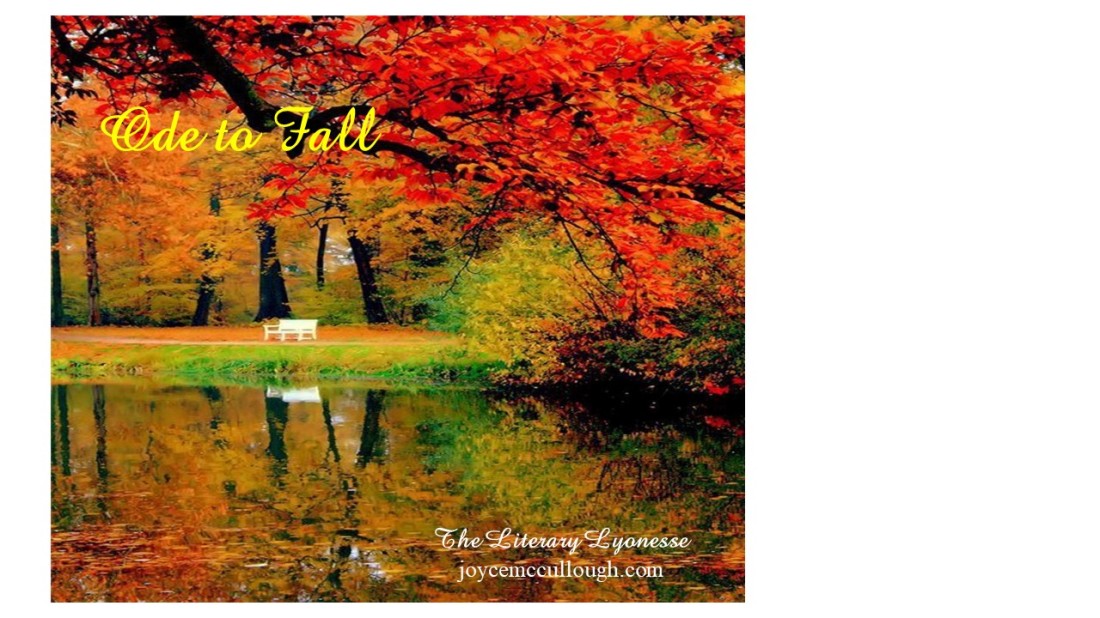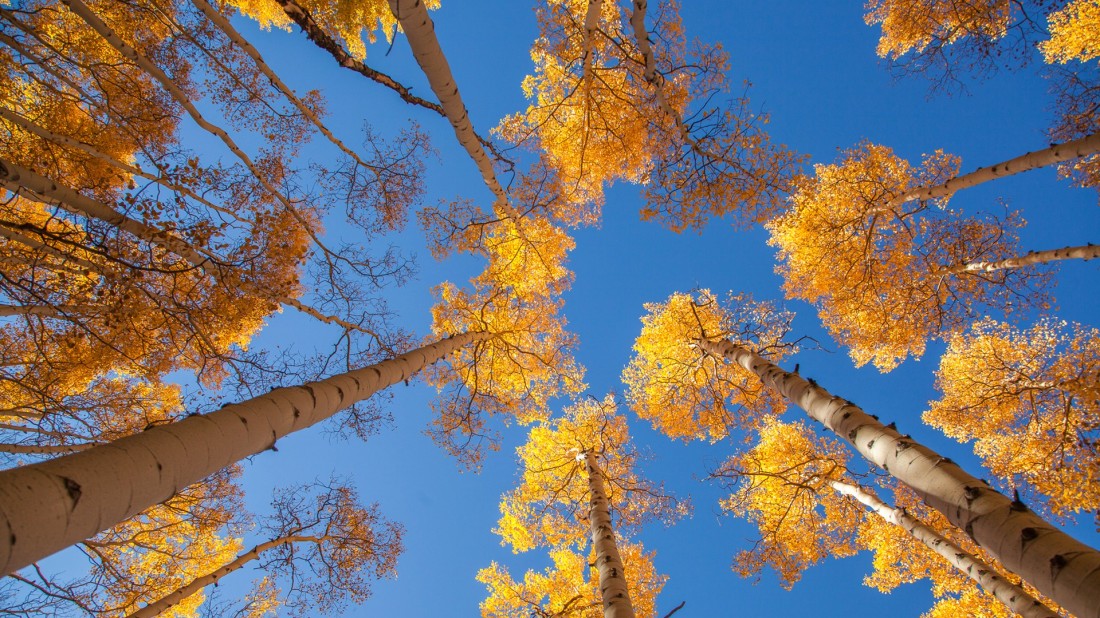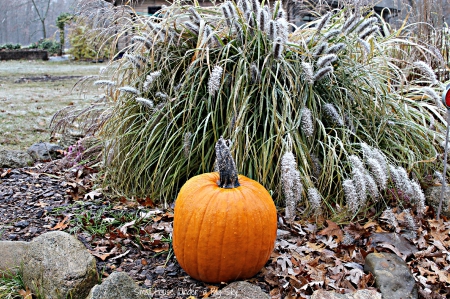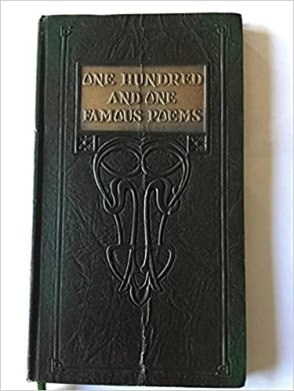Dear Reader,
Welcome to my fall 2020 newsletter! I love this season! It’s my favorite time of year!

Pumpkin spice is brewing, the leaves are falling, and the evenings are crisp.
According to Robert Browning, “God’s in His heaven, and all’s right with the world.”
Speaking of the poet Robert Browning, fall also makes me think of poetry. The beauty of the fall season cannot be expressed in a prosaic fashion. The sights and sounds and smells all require hyperbole and personification and simile in order to be fully understood.
I came to love poetry as a young child when my mother read aloud “Little Boy Blue” by Eugene Field. I jumped rope to the cadence of Longfellow’s “Paul Revere’s Ride” in elementary school. When Mrs. Medley required a poetry notebook in seventh grade, I learned to appreciate Wordsworth’s daffodils and Gray’s country churchyard. By high school I was writing haiku and loving the language of Poe, Dickinson, Shakespeare, and Tennyson.
In college I basked in the beauty of poetry, but I never enjoyed analyzing it. I wanted to let it be. I didn’t always understand what the poets were saying, but I believed they said it beautifully.
In a similar way, fall contains a kind of beauty that cannot be expressed. It must be experienced through the senses.

James Whitcomb Riley describes these sentiments in his poem “When the Frost Is on the Punkin”:
They’s something kindo’ harty-like about the atmusfere
When the heat of summer’s over and the coolin’ fall is here—
Of course we miss the flowers, and the blossums on the trees,
And the mumble of the hummin’-birds and buzzin’ of the bees;
But the air’s so appetizin’; and the landscape through the haze
Of a crisp and sunny morning of the airly autumn days
Is a pictur’ that no painter has the colorin’ to mock—
When the frost is on the punkin and the fodder’s in the shock.

John Keats personifies the season in his poem “To Autumn”:
Who hath not seen thee oft amid thy store?
Sometimes whoever seeks abroad may find
Thee sitting careless on a granary floor,
Thy hair soft-lifted by the winnowing wind;
Or on a half-reaped furrow sound asleep.
Emily Dickinson’s “Autumn” reveals the transition from summer to fall:
The morns are meeker than they were,
The nuts are getting brown;
The berry’s cheek is plumper,
The rose is out of town.
Edna St. Vincent Millay’s “God’s World” oozes with imagery:
Thy winds, thy wide gray skies!
Thy mists, that roll and rise!
Thy woods, this autumn day, that ache and sag
And all but cry with color! That gaunt crag
To crush! To lift the lean of that black bluff!
World, world, I cannot get thee close enough!
Long have I known a glory in it all
But never knew I this.
Here such a passion is
As stretcheth me apart. Lord, I do fear
Thou’st made the world too beautiful this year.
My soul is all but out of me—let fall
No burning leaf; prithee, let no bird call.
Alfred, Lord Tennyson shares mixed emotions about the passing of one season into the next:
Tears, idle tears, I know not what they mean,
Tears from the depths of some divine despair
Rise in the heart, and gather to the eyes,
In looking on the happy autumn fields,
And thinking of the days that are no more.
Percy Bysshe Shelley says, “Poetry lifts the veil from the hidden beauty of the world, and makes familiar objects be as if they were not familiar.”
According to the poet and psalmist David,
“Those who sow with tears will reap with songs of joy. Those who go out weeping, carrying seed to sow, will return with songs of joy, carrying sheaves with them.” —Psalm 126:5-6
When I taught my high school poetry unit, I shared examples of figurative language and explained how poetry differed from prose. I personally marveled at the words of poets like Tennyson, Pablo Neruda, and Dylan Thomas. However, I did not require my students to analyze a poem’s possible underlying meaning. I simply wanted them to enjoy the words, the language of the poet.
I directed them to resources such as Frank Magill’s Critical Survey of Poetry and Harold Bloom’s literary criticisms. On one occasion when I shared a textbook analysis of Poe’s “The Raven,” a student asked how we could be certain Poe meant what the critic said he had meant. I told him that was a great question, and I quoted the raven.

So how do I connect poetry with this new season? I only need to look out my library window and watch the oak leaves change before my eyes. I see their contrast against the bright blue sky. I marvel at the wonder of His creation. Fall is a poem waiting to be written or read.
I encourage you, my readers, to take a moment to read a poem or two. Certainly share some poetry with the children in your life. Help them to appreciate rhythm and rhyme and the cadence of the classics. Sit outside with them, and share the sights and sounds of the season. Encourage them to write a poem of their own—maybe an ode to an acorn?
I will leave you today with some of my favorites which can be found in One Hundred and One Famous Poems, an anthology compiled by Roy J. Cook, and a book I think should grace every home.

“In Flanders Fields” by John McCrae
“Little Boy Blue” by Eugene Field
“How Did You Die?” by Edmund Vance Cooke
“Solitude” by Ella Wheeler Wilcox
“The Spider and the Fly” by Mary Howitt
“Crossing the Bar” by Alfred, Lord Tennyson
Caroline Kennedy’s Poems to Learn by Heart also offers a mixture of old and new poems as well as beautiful illustrations by Jon J. Muth.
I invite you to use my fall 2020 bookmarks to save your spot in your favorite book of poetry. Click on the link below to download and print.
May this new season bring a withering of worries and a harvest of hope.
Poetically yours,
The Literary Lyonesse
“Poetry is the spontaneous overflow of powerful feelings: it takes its origin from emotion recollected in tranquility.” — William Wordsworth
“The grass withers and the flowers fade, but the word of our God stands forever.”—Isaiah 40:8
J very good,love u.bb
Sent from my iPad
Thank you, BB! Miss you!